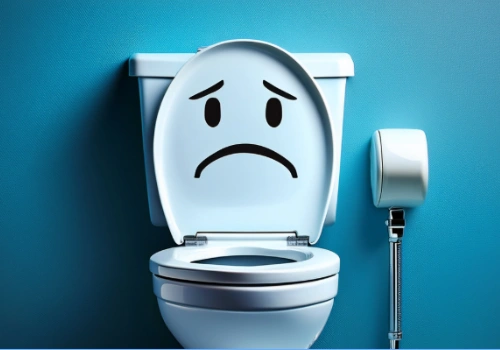What Is a Urinary Tract Infection (UTI)?

A urinary tract infection (UTI) is an infection that occurs in any part of the urinary system, including the bladder, urethra, ureters, or kidneys. UTIs are common and often caused by bacteria entering the urinary tract, leading to inflammation and discomfort.
Quick Facts
- Condition type: Infection
- Common age group: All ages (more common in adults, especially women)
- Treatable: Yes
- Emergency: Sometimes (urgent care recommended for fever, back pain, or worsening symptoms)
Symptoms of a Urinary Tract Infection
Symptoms can vary depending on the part of the urinary tract involved and may include:
- Burning or pain during urination
- Frequent or urgent need to urinate
- Passing small amounts of urine
- Cloudy, dark, or strong-smelling urine
- Pelvic or lower abdominal discomfort
- Blood in the urine
- Fatigue or general discomfort
If the infection spreads to the kidneys, symptoms may also include fever, chills, nausea, or back pain.
Causes of a Urinary Tract Infection
UTIs most commonly develop due to:
- Bacteria entering the urinary tract, often from the digestive tract
- Incomplete bladder emptying
- Sexual activity
- Use of urinary catheters
- Hormonal changes (such as menopause)
- Structural or functional urinary tract abnormalities
Symptoms of a Urinary Tract Infection
- Female anatomy
- Sexual activity
- Menopause or hormonal changes
- Diabetes
- Urinary retention or incomplete bladder emptying
- Use of catheters
- History of recurrent UTIs
Treatment & Management Options For UTIs
Treatment depends on severity and location of infection and may include:
- Medical evaluation to confirm infection and determine appropriate care
- Prescription antibiotics, when indicated
- Hydration support to help flush bacteria from the urinary tract
- Follow-up testing for recurrent or persistent symptoms
- Evaluation of underlying risk factors in people with frequent UTIs
Early treatment can help prevent complications.
Specialties That Treat This Condition
What To Do Next?
If symptoms persist or interfere with daily life, a healthcare provider can help evaluate the cause and discuss appropriate next steps.
Medical Disclaimer: This content is provided for general educational and informational purposes only and does not constitute medical advice, diagnosis, or treatment. Conditions and treatment options vary by individual. Always consult a qualified healthcare provider regarding symptoms or medical concerns.



